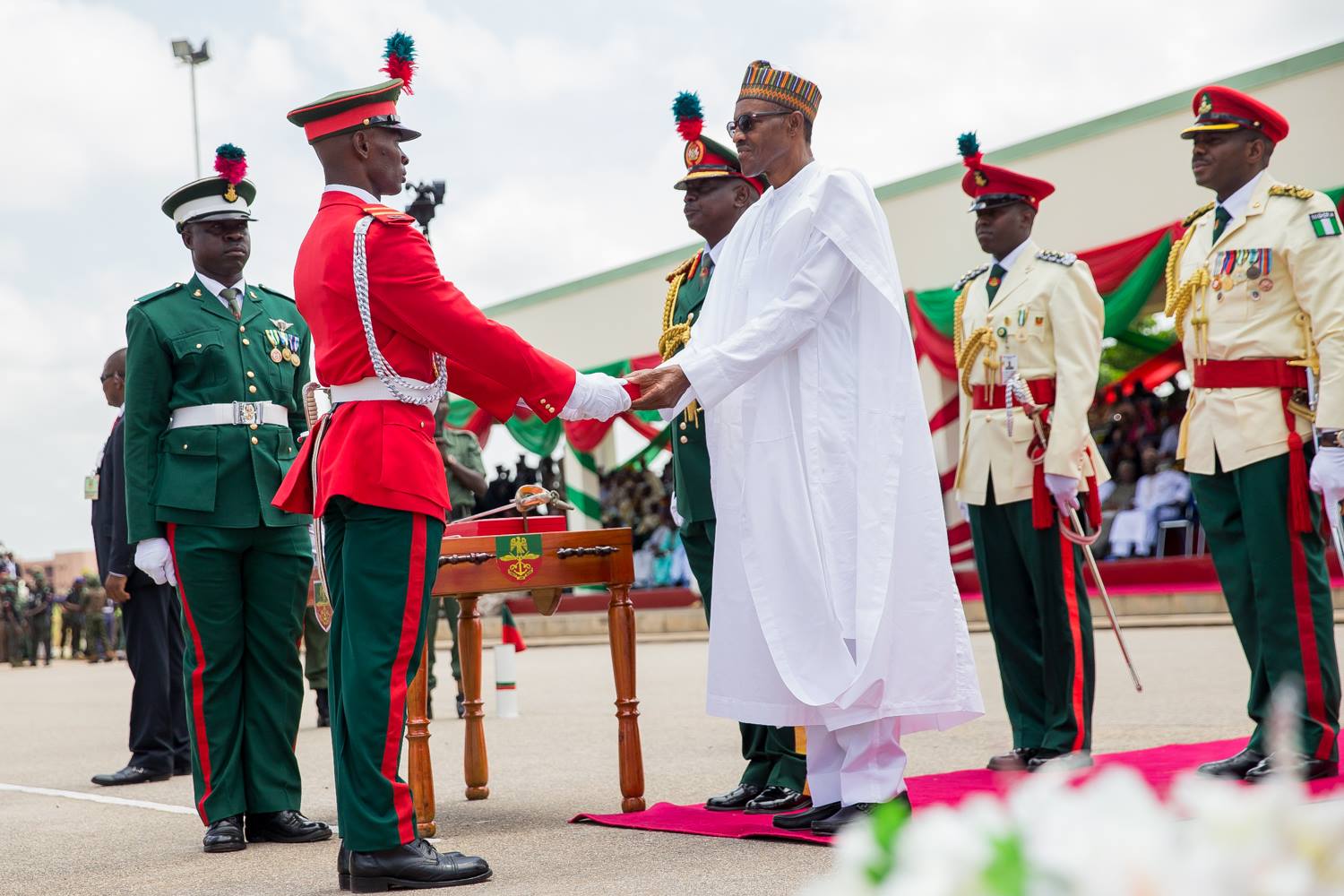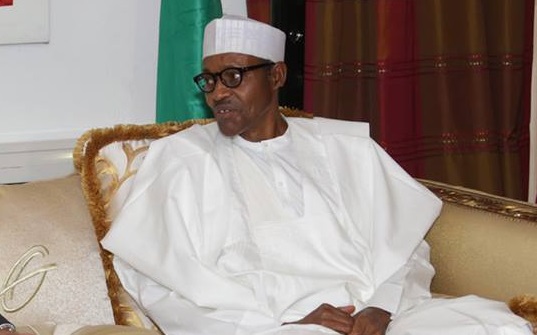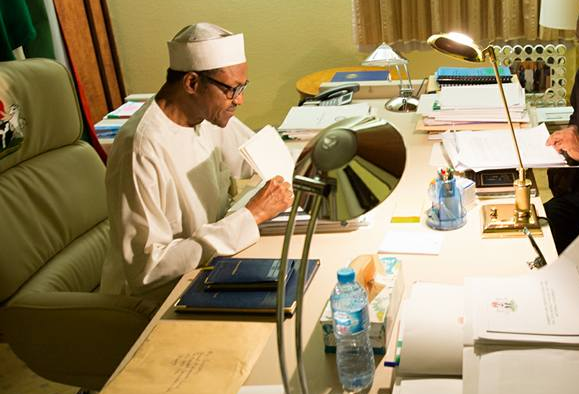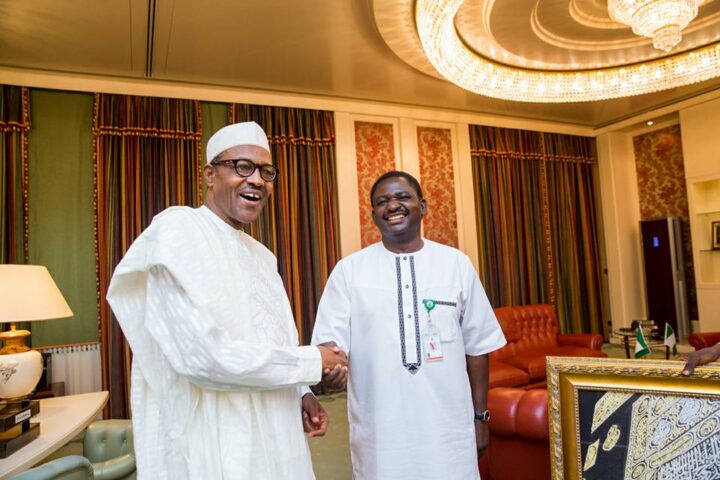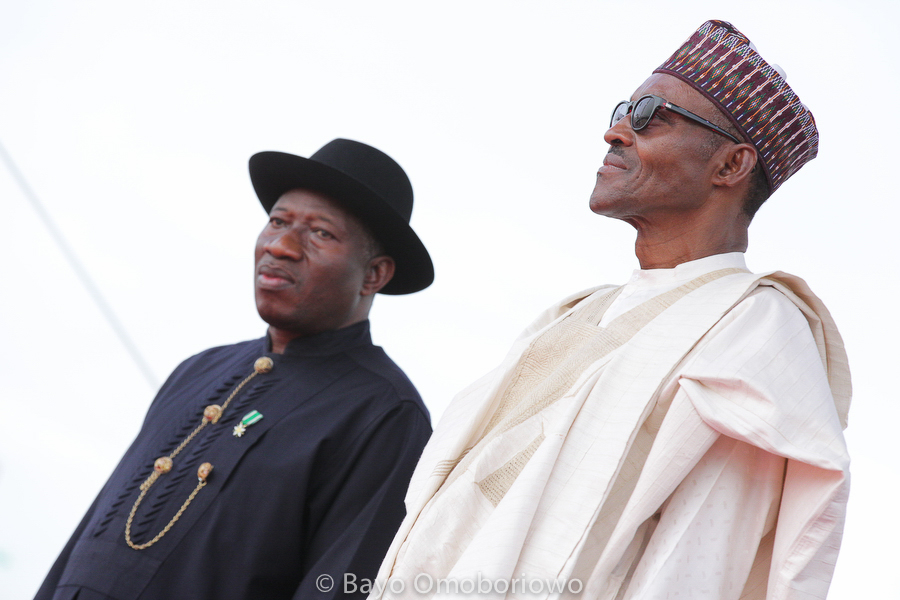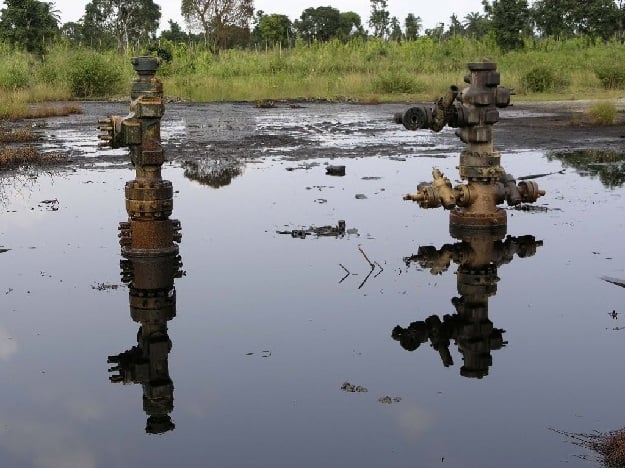In three days’time, the Muhammadu Buhari administration will breast the finishing line of its first year in office. I hope hardline supporters who have shut down criticisms of the administration now agree that time is ripe to attempt an analysis of the first quarter of the President’s tenure.
When we looked at his performance in one hundred days, they said it was too soon for a jury to sit especially because he inherited a rotten, almost hopeless structure. This was in spite of the fact that we brought evidence that Franklin D. Roosevelt who became President of the United States of America in March 1933 faced a graver challenge in the Great Depression.
Banks were shutting down, depositors were losing their life’s savings, and businesses were running out of cash to keep going. At least 25 per cent of American workers were unemployed. There was hunger all over the land. FDR, as he is fondly called, realised the daunting task ahead of him and promised to work towards changing the tide within one hundred days. He lived up to his promise!
But Nigerians said it was too early to ask questions of their beloved President. All hope was hinged on the widespread believe in his integrity. Little do Nigerians realise that integrity is a fragile transactional instrument in a country tottering on the precipice. Even now, these people still argue that the past one year has been the best that the nation has had forever and that Nigerians are merely being impatient.
Advertisement
But nothing can be farther from the truth. If we just take the administration on the three basic promises it made to us, these twelve months have been nothing but expectations cut short and dreams aborted.
To appreciate the achievement of the government in the past one year therefore, it would be beneficial to consider how it has fared in these areas of the economy, security and corruption, which it has drummed it into our ears as cardinal targets of the change agenda.
Nigerians should give this government the thumbs up for the various levels of victory secured over the dreaded Boko Haram sect. There have been ceaseless routings of the insurgents, hundreds of captives especially women have been rescued, while 14 local governments hitherto under the control of the terrorist group have been retrieved. The security forces now make daily incursions into the expansive Sambisa forest base of the group indicating the denouement of the war that it has waged on Nigeria for years.
Advertisement
But then here is the problem: how is it that government considers Boko Haram the only measure of its success at the pledge to secure Nigeria. As the security forces make mincemeat of Boko Haram, so are marauding herdsmen attacking, killing and maiming hundreds of Nigerians and appropriating their communities and possessions.
Two days ago, the One Idoma Initiative said that Fulani herdsmen were still occupying three villages in the Agatu Local Government Area of Benue State contrary to the terms of a peace pact signed after hundreds of people were killed in conflicts allegedly instigated by the herdsmen.
The previous day, another group of herdsmen allegedly attacked Oke-Ako in the Ikole Local Government Area of Ekiti State leaving two dead bodies and several people injured. In addition to the menace of the herdsmen, we have incessant cases of kidnappings as well as the growing militancy in the Niger Delta region.
While government goes about singing the song of its victory over Boko Haram, the terrorism of the herdsmen is growing daily without much more than official lip service. Nigerians who have a sense of history will recall that the Boko Haram insurgency started pretty much on an innocuous scale, getting no attention until it became a dreadful monster. Should we just look on until these widespread attacks get out of hand?
Advertisement
And I hear there is a successful war against corruption. Really? Here, let me be clear, I understand efforts being made by President Buhari to recover loots starched across the world, one of which is the $234million that Swiss authorities are said to have promised to repatriate. I am also aware of the prosecution and media trials of a number of prominent Nigerians who are alleged to have soiled their hands. But all these efforts appear more like warring against corrupt people than fighting corruption.
As exciting as it is that a government is willing to put people in jail for dipping their hands into the national till, it is not by itself, a sustainable strategy. This is why there can be no trace of the achievements that the Buhari/Idiagbon military regime made in their fight against corruption.
It is noteworthy that the introduction of the Treasury Single Account (TSA) and continuous evaluation of FG payrolls are systemic reforms that should check corruption, but the stance of the administration on the deregulation of the petroleum sector as well its capital controls are breeding grounds for corruption.
The truth is that the deprivations in Nigeria are so wanton that it would take a saint, many of whom this planet does not harbour, for loopholes that command economic policies engender to pass without exploitation.
Advertisement
It is fallacious to imagine that Buhari’s body language would suddenly beat Nigerians who have received the short end of the bargain from the country into sanctimony. The only restraint that I know is to de-incentivize corruption by putting up structures that make it difficult for people to steal while working towards improving their living conditions. The fight against corruption is more than recovering loots or sending people to jail, it is also about making stealing unattractive to the citizenry and I do not think this administration has achieved on this front.
On the economy, it seems to me that President Muhammad Buhari let himself be talked into believing that personal integrity is sufficient competence to run a 21st Century country.
Advertisement
As Buhari’s lifelong mentor, former President Olusegun Obasanjo confessed last week, this president is limited in his understanding of the dynamics of an economy. But there is something worse than his limitation on this front and that is what one could describe as his obstinacy.
For months after he was advised to consider the removal of subsidy on petrol and the deregulation the downstream sector by his Ahmed Joda led transitional committee and many other patriots, the President stuck to his guns. Buhari also seemed to have usurped the Governor of the Central Bank of Nigeria (CBN) to insist on a restrictive foreign exchange regime. Can we even say the downstream sector has been deregulated now?
Advertisement
But these controls have hurt the economy in unquantifiable dimensions. Now, that he is compelled to blink, enormous goodwill, time and resources are the victims, sacrificed on a single man’s pietistic altar. Many manufacturing concerns are out of business as a result of the inability to access forex for raw materials and machinery. Thousands of jobs have been lost; such that rather than provide the three million jobs it promised, this administration has superintended over mounting unemployment reaching the 1.45million mark according to data released by the National Bureau of Statistics (NBS) last week. That is in addition to the grinding poverty and high cost of living that has hit the ordinary man.
The government tries to sell the good news of a half of a billion naira earmarked welfare package for the most vulnerable in this year’s budget but has funding for this been sourced and if it has been sourced, has the government selected beneficiaries, what are the parametres for the selection and when will the disbursement begin?
Advertisement
My take is that at the end of its first year, there is not much to celebrate this government for. But then, there is still time ahead. To achieve anything however, the administration will have to be honest with itself and the people. In asking Nigerians to sacrifice, government must show a roadmap which assures that this sacrifice won’t be in vain? PMB also needs to shed that messianic toga and listen to expert advice on economic matters.
More importantly, Nigerians must realise the need to take their destinies in their own hands and stop the hero worship of politicians. Citizen vigilance is the main lubricant for good governance.
Follow me on twitter@niranadedokun
Views expressed by contributors are strictly personal and not of TheCable.

